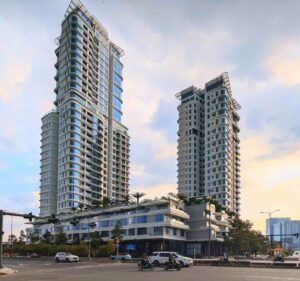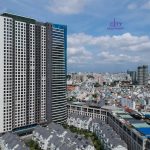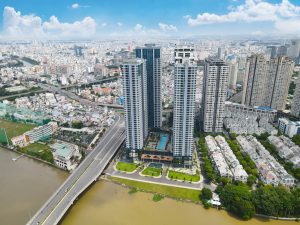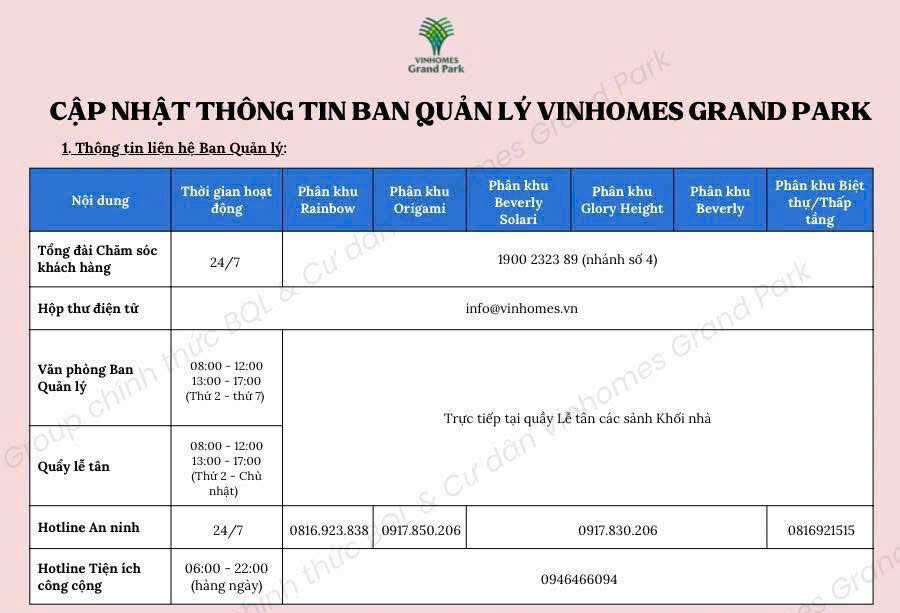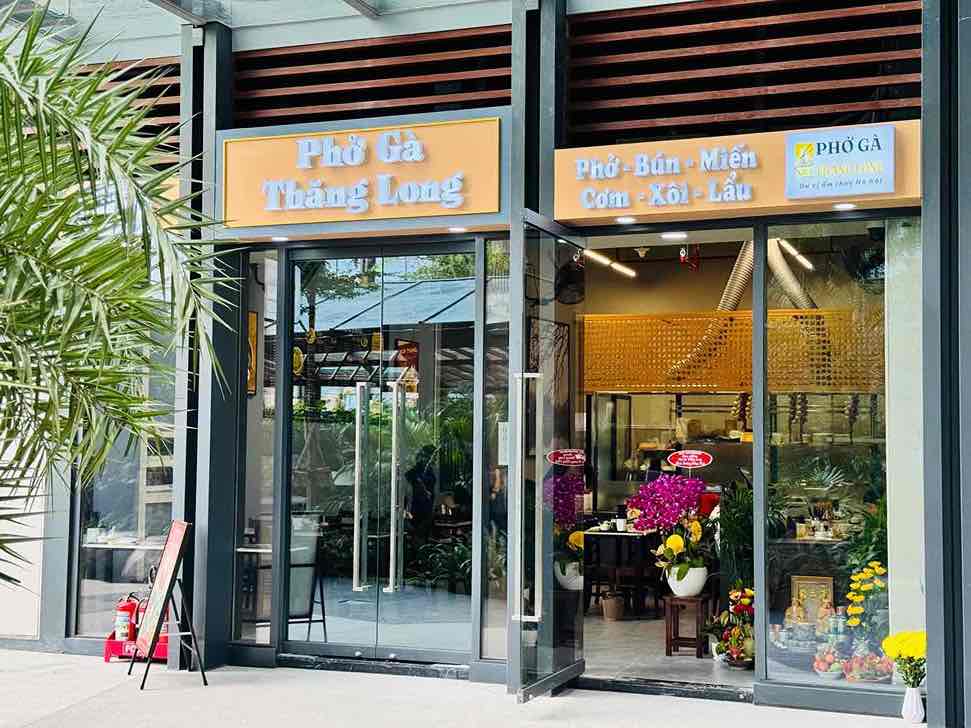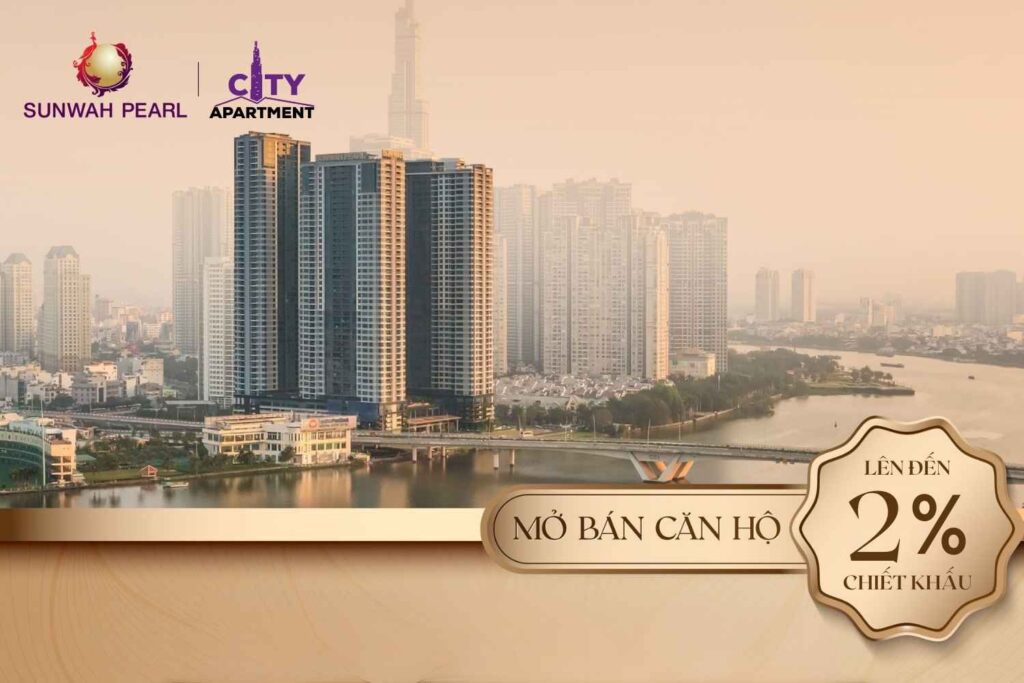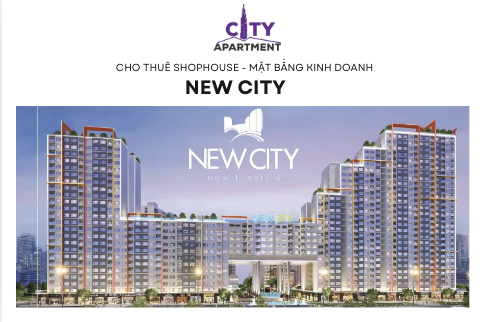Reasons to believe that the real estate market will recover soon
Support package: Vietnam applies unprecedented measures to recover from the economic devastation of the COVID-19 pandemic with the rapid disbursement of public investment, of course supervised to prevent profiteering. This was highlighted in the report of the National Assembly’s Economic Commission (NA) to the Standing Committee of the National Assembly in preparation for the 45th meeting starting today. The economic report reveals that the total value of production, business and social welfare packages is estimated at VND 600 trillion (USD 25.8 billion).
Strong economy: Vietnam is the 12th strongest country in finance among the 66 emerging economies after the devastation of the Covid-19 pandemic, according to The Economist newspaper. In Southeast Asia, it is second only to the Philippines (6th) and Thailand (7th) in the global rankings due to the British publication of 66 countries and territories based on four indices: public debt, sovereign debt. external, borrowing and guarantee costs. Vietnam’s economy is relatively strong and stable in all four and is one of the least affected countries by the Covid-19 crisis, the report said. Vietnam’s public debt stood at 56.1% of GDP last year and is set to fall to 54.3% this year, the Ministry of Finance said in a budget report to Congress.
Catch the perfect storm: from the general picture of the global economy. The Covid-19 epidemic broke the global supply chain. This has a significant impact on the economy of each country and the real estate sector will also be strongly affected. For Vietnam, according to experts, it can be said that, although it is also affected, Vietnam is somewhat benefiting from the US-China war and the Covid-19 epidemic. This is the “perfect storm” for the relocation of factories from China to other places, in which Vietnam is a priority area, to be promoted more strongly. In fact, in the first quarter of 2020, in the North, the average industrial park land rent was US $ 99 / m2 / cycle, up 6.5% over the same period last year. In the Southern region, the price also reached 101 USD / m2 / lease cycle, up 12.2% over the same period, and according to Savills Vietnam, from the third quarter of 2019, many corporations have been moving. moved factories from China to Vietnam such as Hanwha, Yokowo, Shuafu, Goertek, Foxcom, Lenovo, Nintendo, Sharp, Kyocera, Oasis … These corporations operate mainly in the fields of electronics, textile and footwear. , manufacturing spare parts … In the story of US-China war and the Covid-19 pandemic, Vietnam’s industrial real estate is facing a great opportunity when it becomes a favorite destination for multinational corporations.
Friendly safety: Vietnam has been very successful in the fight against Covid-19, at least up to this point. After this initial success, the image of a safe and friendly Vietnam has been of great interest to international investors.
Mr. Nguyen Hong Son, Director of Savill Consulting in Hanoi, said that in the long run, when Vietnam succeeds in controlling and controlling diseases, the tourism industry will benefit greatly from the position of a Friendly, safe destination. The movement of investment capital in the region will be advantageous for Vietnam and becoming a more attractive investment destination will contribute to promoting economic growth in general and the real estate market in particular.
FDI & cheap prices: In fact, real estate prices in Vietnam are still substantially lower than those in other countries in the region, along with safety, friendliness and high profitability (high prices and good rental). According to experts, there is a wave of investment in Vietnam from professional real estate investors outside the border.
Ms. Nhu Khuong, Market Research Department of Colliers Vietnam said that, in fact, the real estate market in Vietnam is still an ideal destination for foreign investors. The effects of the Covid-19 epidemic are only slowing down the investment process for investors who have difficulty accessing, as well as moving from abroad to Vietnam. Foreign direct investment into Vietnam in the last 3 years always recorded over 35 billion USD, while in the first quarter of 2020, FDI capital was only 3.6 billion USD. “According to our forecast, FDI will be poured into the real estate market again after the Covid-19 epidemic in both Vietnam and the world is under control,” Ms. Khuong emphasized.
Regarding the story of capital flows, the trend of real estate investment in Vietnam in the overseas Vietnamese community is also expected to increase sharply in the near future. During the period of Covid-19 epidemic, many overseas Vietnamese returned home to avoid Covid-19 in the host country and there were many who sought investment opportunities after realizing that Vietnam was relatively safe. too much water. In 2019 alone, Vietnam received nearly $ 17 billion in remittances. And with over 2.5 million overseas Vietnamese, many experts believe that the amount of remittances will increase sharply in the near future, including a significant amount will flow into real estate.
Growth and stability Another important basis for market members is t
Real estate, which is a very favorable domestic context.
Good economic growth, stable politics, real estate are one of the key areas when always being in the group that attracts the best foreign investment capital (just behind manufacturing).
Meanwhile, the anxiety of real estate bubbles is almost gone, due to the experience of management agencies. Along with that, the market is also becoming more and more transparent, the legal corridors are quickly added, completed … All of these are bringing a new development opportunity for Vietnam real estate market. Even the Covid-19 epidemic is more or less positive when helping to screen the market, promote sales, transfer (M&A) projects …
Domestically, other investment channels such as gold and securities are facing difficulties, while demand for real estate remains large in many segments, from housing, to industrial real estate.
Source: Martin Ho.
